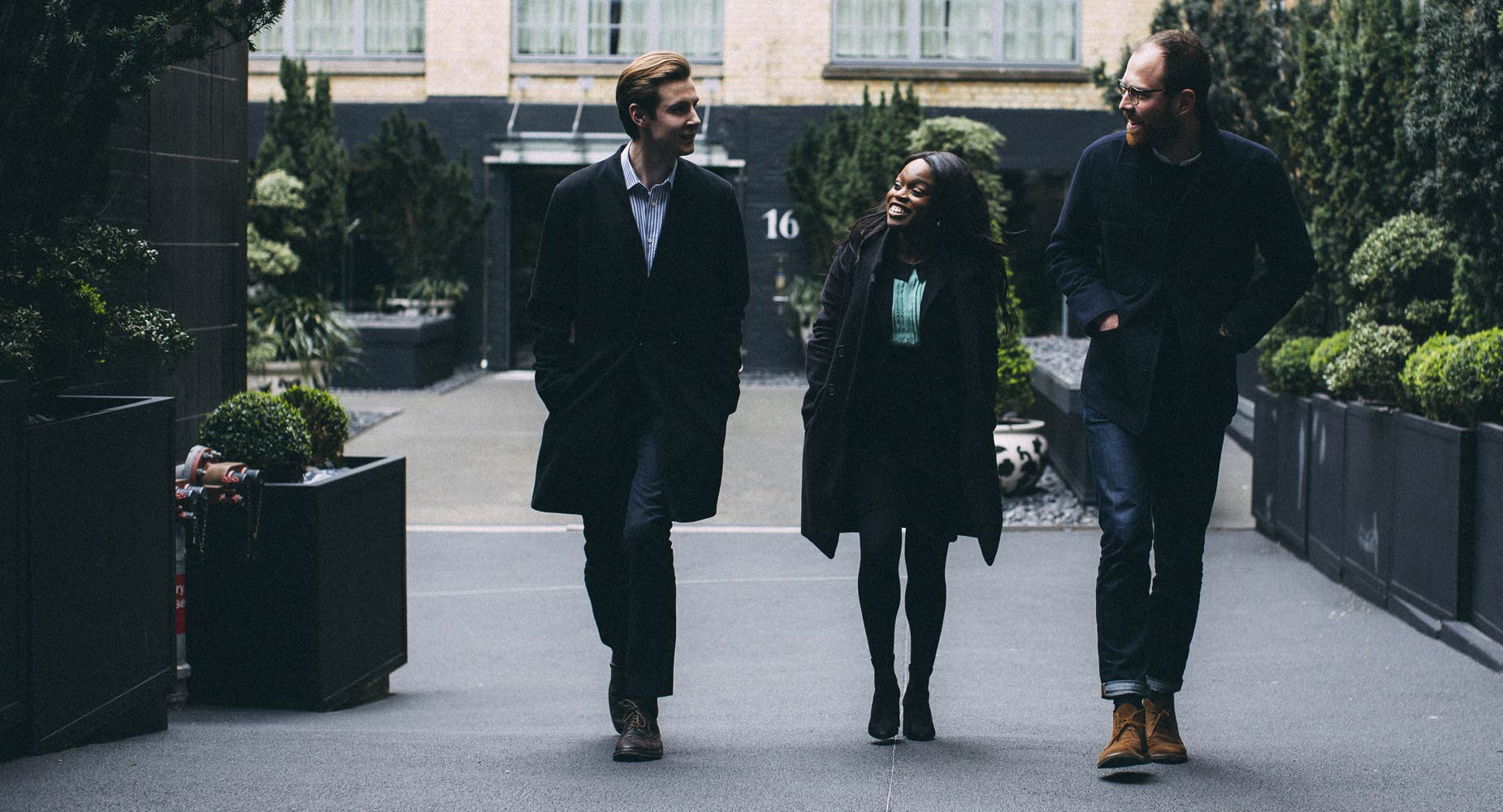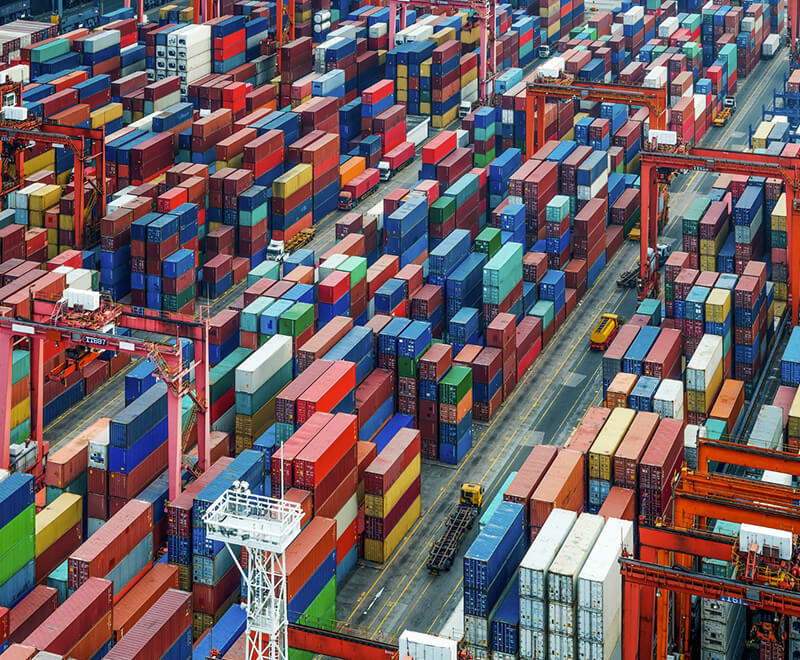‘Twas the year before Brexit (probably), but that’s not all 2018 will be remembered for. It was also the year in which crypto crashed, North and South Korea marched under one flag, Kanye went to the White House, Prince Harry got hitched, football almost came home and a drone at Gatwick Airport ruined Christmas for thousands.
So, what hope does 2019 have of reaching the same levels of excitement and intrigue? Our talented senior team across six of our key sectors dust off their crystal balls.
Media – Martin Townsend
Brexit has been dominating print and digital media since the referendum, giving the broadsheets an unexpected boost, and it will continue to hog the coverage this year. With it has come a revival of interest in quality, evidence-based journalism in the era of ‘fake news’, underlined by the unprecedented success of magazines like the Economist and Spectator – which is shifting more copies than in its entire history – and the satirical news magazine, Private Eye.
In an increasingly complex world, the Comment pages have taken on a fresh importance as readers attempt to get to grips with the continued twists and turns of Trump-era politics, turmoil in Europe and events such as the Salisbury poisoning. So too investigative reporting, with Brexit and politics in general, terrorism and true contemporary crime increasingly spilling across into ‘straight’, fact-based TV drama – a trend that will only gather pace this year.
But the print world will continue to contract during 2019 against the background of a tough advertising market with subscription-based, digital-first outfits like the Telegraph providing the desired model. Video will remain king online, provided it is of the actual ‘news’ moment rather than montage.
Financial services – Laurence Jones
If 2018 was the year that challenger brands in financial services evolved from plucky start-ups to meaningful challengers, could 2019 be the establishment fight back?
There were subtle signs towards the end of the year that the big beasts of financial services were trying, to borrow a worn expression, to ‘take back control’. Just a few weeks ago, Barclays announced a new feature for its current accounts which allows customers to block certain types of transactions such as gambling – following in the footsteps of established challengers like Starling Bank. Further up the wealth chain, private banks and traditional wealth managers have been taking a pummelling for a few years now from robo-advisers such as Nutmeg and Wealthsimple, but last year saw new robo-adviser products from the likes of HSBC and Santander.
Whilst the old school will continue to try and fight back the market challengers, across the financial services world there will always be new, exciting, different and nimble SMEs taking on the status quo. The real problem for the big beasts is when these SMEs become the dominant force. Oaknorth Bank is just one example of a challenger which now rules its space in SME lending.
So, whilst 2019 might see the gap narrow between these worlds, expect the more established challengers to continue to fly off into the distance.
Health and wellness – Dr David Bull
2019 will be the year that the health and wellness agenda changed forever. This was underlined by the Prime Minister’s speech this week where she pledged an extra 20 billion pounds to the NHS.
Medicine is about to undergo a seismic change. For the first time, patients are going to be urged to work in partnership with their healthcare providers. Technology is set to revolutionise the area with online consultations replacing many traditional consultations; the smart phone or tablet will become the conduit to your physician. Online monitoring and wearable technology will mean patients can be monitored like never before. This will enable clinicians to pick up on small changes in blood glucose, cholesterol or blood pressure and instigate treatment before a condition becomes serious.
Medicine is also set to be far more personalised. Gone are the days of one size fits all in terms of treatment for chronic conditions. We are already seeing gene sequencing being used for those with chronic diseases and drug therapy will be tailored specifically to each individual. Prevention is set to take centre stage as is the move to community-based care away from hospitals, marking a new era in human health.
Sport – Will Nelson
The emergence of breakaway leagues will be a major talking point throughout the year as clubs and players grow increasingly aware of their value.
At the end of last year, Ronnie O’Sullivan suggested that a breakaway snooker league would be welcomed by several of the top players. In December, more than 30 of the world’s top swimmers met to discuss the creation of an International Swimming League outside of FINA’s jurisdiction and, more recently, there have been talks of a split between Premiership Rugby and the RFU. Even some Premier League football clubs are rumoured to be having conversations with other European teams about a breakaway league.
It is understandable that questions are starting to be asked of the established league systems, so the challenge will be to ensure everything is done for the right reason and that all reasoning and messaging is clearly explained between the various parties and with the consumer.
The way younger fans consume content has also evolved and the emergence of e-sports has played a big part in this. Brands such as Adidas and Coca Cola have begun to explore the e-market with their sponsorship of FIFA’s Alex Hunter, and the Premier League will this season follow the Bundesliga by creating the ePremier League. The challenge will therefore be ensuring these new opportunities return brand growth for the organisations.
Tech – Geoff Duggan
In many ways 2018 was an annus horribilis for big tech. Silicon Valley giants were hit by scandal after scandal, raising the ire of politicians, regulators and the public alike and tarnishing the reputations of companies that could previously do no wrong.
Will the so-called ‘tech lash’ roll on in 2019? With these companies facing ever greater scrutiny, it seems likely, but it could also be the year that big tech grows up. Expect to see a less brash and more humble approach, in which these companies seek to rebuild trust, take broader responsibilities more seriously and work with rather than against regulators. We saw signs of this change last year with Facebook’s appointment of Sir Nick Clegg – a Silicon Valley outsider who has once been critical of the company – as its new Vice-President of Global Affairs and Communications.
Amid the difficult Select Committee appearances and Sunday paper investigations, it’s easy to forget tech’s role as a force for good in society. In the UK we are blessed with a thriving Tech for Good scene with organisations like Bulb, Babylon Health and Wayfindr, as well as a whole host of start-ups, developing and rolling out new digital products and services that make a positive difference to the lives of many. Will 2019 be the year Tech for Good gets the credit it deserves? I hope so.
Transport – Philip Pank
Brexit looms large over 2019. Operators, owners and passengers are assessing the potential impact on spending, borders and the ability to move freely into and out of Britain.
Airlines, airports, shipping companies, hauliers and rail operators will find themselves in the spotlight after March 29th. Some retailers and manufacturers are already stockpiling goods for fear of disruption.
UK-based manufacturers of planes, trains and automobiles are all honing their contingency plans.
Beyond this epochal event, passengers, drivers, operators and households will feel the effects of domestic developments.
Crossrail/the Elizabeth line is due to open this year after decades of discussion, delivering a 10% increase in rail capacity in the Capital. And communities along the HS2 railway linking Birmingham and London will experience increased activity as construction teams move in.
Christmas disruption at Gatwick highlighted the need for new laws promised this year to tackle the misuse of drones. Europe’s busiest airport, Heathrow, will unveil construction plans for a third runway in the summer, underscoring its plan to increase flights by more than half to 740,000 a year.
The diesel emissions scandal continues to reverberate through the motoring sector. Drivers into Central London face a daily pollution charge of £12.50 from April. And following a fall of 7% in new car registrations last year, commentators are predicting a further decline in 2019. All eyes are on Brexit to see how consumers respond.




